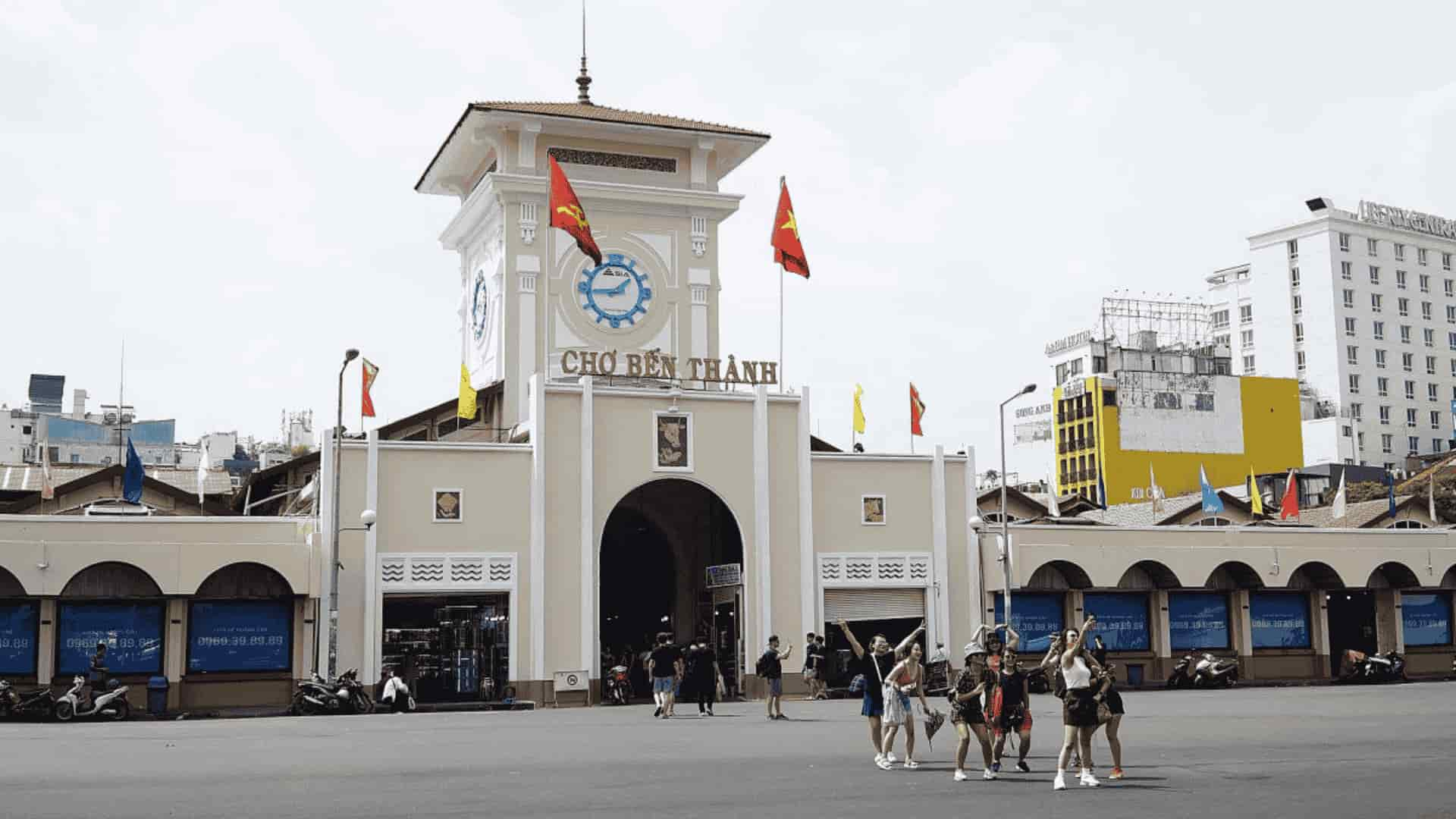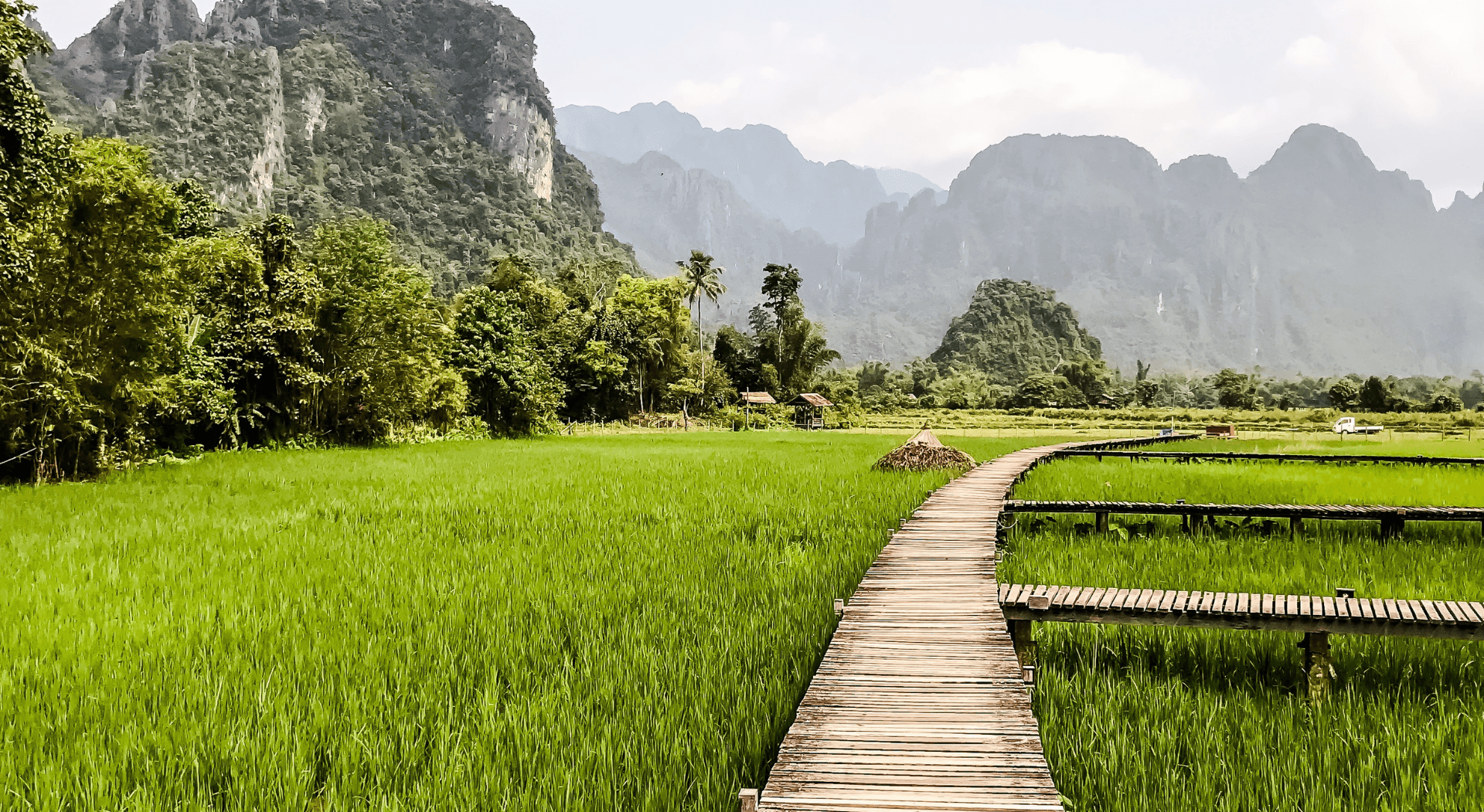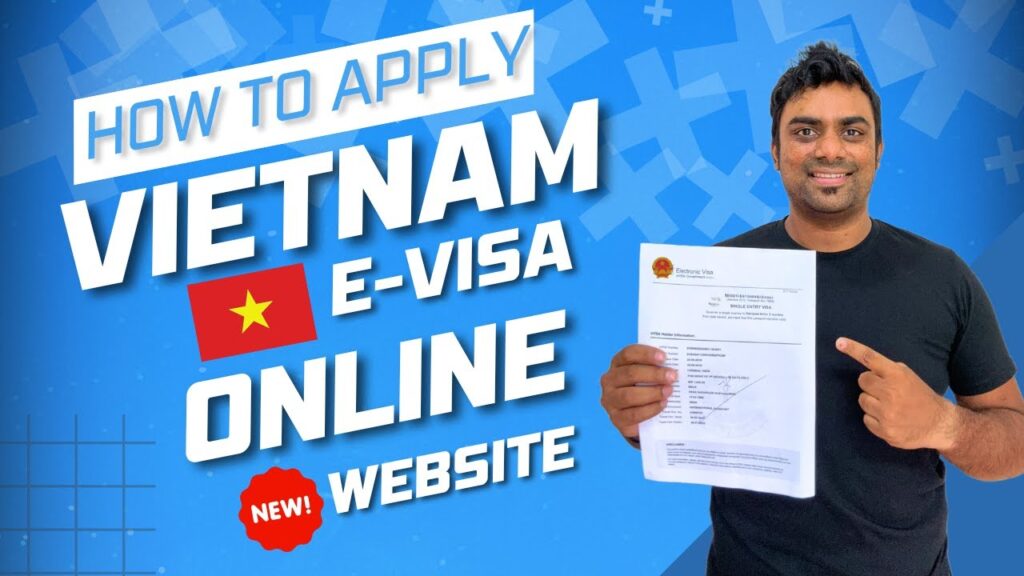Vietnam, with its rich cultural heritage, stunning landscapes, and mouthwatering cuisine, has become a top destination for travelers worldwide. For Israelis, Vietnam offers a mesmerizing escape filled with contrasts—from bustling cities like Hanoi and Ho Chi Minh City to serene rice terraces in Sapa and pristine beaches in Da Nang. However, planning a trip from Israel to Vietnam requires careful preparation, from visa applications to understanding cultural nuances. This guide covers everything you need to know for a seamless and unforgettable adventure.
Visa Requirements and Entry Regulations for Israelis Traveling to Vietnam

Navigating Vietnam’s visa policies is the first crucial step for Israeli travelers. Unlike some Southeast Asian countries that offer visa-free entry, Vietnam requires Israelis to obtain a visa before arrival. Understanding the different visa options and their requirements will ensure a smooth entry process.
Visa on Arrival (VOA) – The Most Convenient Option
Vietnam’s Visa on Arrival (VOA) is a popular choice for many travelers due to its convenience. To secure a VOA, you must first apply for an approval letter through a reputable online agency. Once approved, present this letter along with your passport, completed application form, passport-sized photos, and the stamping fee (payable in USD) upon landing at major Vietnamese airports like Hanoi, Ho Chi Minh City, or Da Nang.
While VOA is efficient, it’s essential to choose a trustworthy agency to avoid scams. Some fraudulent websites may charge exorbitant fees or provide fake approval letters. Research reviews and opt for well-established agencies to ensure a hassle-free experience.
Applying Through a Vietnamese Embassy or Consulate
Since Vietnam does not have an embassy in Israel, travelers must apply through a neighboring country’s Vietnamese consulate, such as in Jordan or Egypt. This method requires submitting an application form, passport photos, and fees either in person or via mail. Processing times vary, so applying well in advance is advisable.
This option is ideal for those who prefer having their visa stamped before departure, eliminating uncertainty upon arrival. However, it may involve additional travel or courier costs if applying remotely.
E-Visa – A Digital Alternative
Vietnam’s e-visa system is gradually expanding to include more nationalities. While Israeli citizens were not initially eligible, checking the latest updates on the official Vietnam Immigration Department website is recommended. If available, an e-visa simplifies the process by allowing online applications, eliminating the need for embassy visits or approval letters.
Key Considerations for Visa Applications
- Passport Validity: Ensure your passport is valid for at least six months beyond your stay.
- Visa Duration: Confirm whether your visa covers single or multiple entries, especially if planning side trips to Cambodia or Laos.
- Processing Time: Allow at least a week for VOA approval and longer for embassy applications to avoid last-minute stress.
Flights, Transportation, and Planning Your Vietnam Itinerary from Israel

Getting to Vietnam from Israel involves connecting flights, as there are no direct routes. Understanding flight options, layover durations, and domestic transportation will help you craft a seamless travel plan.
Best Flight Routes from Israel to Vietnam
Popular transit hubs include Istanbul (Turkish Airlines), Doha (Qatar Airways), and Dubai (Emirates). These airlines offer comfortable layovers and competitive pricing. Alternatively, flying via Bangkok with airlines like El Al and Thai Airways provides flexibility for exploring Thailand before heading to Vietnam.
Booking flights 3-6 months in advance often yields better deals. Use comparison tools like Skyscanner or Google Flights to track price trends and set alerts for discounts.
Domestic Transportation Within Vietnam
Vietnam’s domestic travel network is well-developed, offering options like:
- Trains: Scenic routes, such as the Reunification Express from Hanoi to Ho Chi Minh City, provide a unique way to see the countryside.
- Buses: Affordable and extensive, but long-distance rides can be cramped.
- Domestic Flights: Airlines like Vietnam Airlines and VietJet Air offer quick, budget-friendly connections between major cities.
Crafting Your Vietnam Itinerary
A well-balanced itinerary might include:
- Northern Vietnam: Hanoi’s Old Quarter, Ha Long Bay cruises, and trekking in Sapa.
- Central Vietnam: The ancient town of Hoi An, imperial Hue, and Da Nang’s beaches.
- Southern Vietnam: Ho Chi Minh City’s dynamic energy and the Mekong Delta’s floating markets.
Prioritize destinations based on your interests—whether cultural immersion, adventure, or relaxation.
Currency, Budgeting, and Essential Expenses for Your Vietnam Trip

Vietnam is a budget-friendly destination, but understanding currency exchange, daily costs, and payment methods will help you manage finances effectively.
Vietnamese Dong (VND) and Exchange Tips
The official currency is the Vietnamese Dong (VND). Exchange money at banks or authorized exchange counters for better rates than hotels or airports. ATMs are widely available, but notify your bank of international travel to avoid card blocks.
Carry small denominations for street vendors and rural areas where credit cards are rarely accepted.
Daily Budget Breakdown
- Budget Travelers: $25-$40/day (hostels, street food, public transport).
- Mid-Range Travelers: $50-$100/day (3-star hotels, restaurant meals, occasional tours).
- Luxury Travelers: $150+/day (5-star resorts, private guides, fine dining).
Saving Money Without Sacrificing Experiences
- Eat Local: Street food is delicious and cheap—try pho, banh mi, and fresh spring rolls.
- Negotiate Prices: Haggling is common in markets, but do so respectfully.
- Use Ride-Hailing Apps: Grab (similar to Uber) offers transparent pricing for taxis and motorbike rides.
Accommodation Options: Finding the Right Stay for Israeli Travelers in Vietnam
Vietnam offers diverse lodging options, from budget hostels to luxury resorts. Choosing the right accommodation enhances your travel experience.
Hostels and Guesthouses – Affordable and Social
Ideal for solo travelers or backpackers, hostels like Hanoi Backpackers or The Common Room Project in Ho Chi Minh City offer dorm beds for $5-$10/night. Many include free breakfast and social events, making them great for meeting fellow travelers.
Boutique Hotels and Homestays – Authentic Local Experiences
For a more intimate stay, consider boutique hotels or homestays, especially in rural areas like Sapa or the Mekong Delta. These often include home-cooked meals and cultural exchanges with local families.
Luxury Resorts and Beachfront Villas
Destinations like Da Nang and Phu Quoc boast high-end resorts such as InterContinental Danang Sun Peninsula or JW Marriott Phu Quoc. These are perfect for honeymooners or those seeking pampering.
Booking Tips for Israeli Travelers
- Use Reputable Platforms: Agoda and Booking.com often have better deals for Asia-based hotels.
- Check Location: Proximity to attractions or public transport can save time and money.
- Read Reviews: Look for recent feedback from fellow travelers to gauge cleanliness and service quality.
Cultural Considerations and Things to Know Before You Go: A Guide for Israelis
Vietnam’s culture is deeply rooted in Confucian values, Buddhism, and a history of resilience. Understanding social norms will help you navigate interactions respectfully.
Dress Code and Modesty
While urban areas are modern, conservative dress is appreciated at temples and rural villages. Cover shoulders and knees when visiting religious sites.
Communication and Language Barriers
English is spoken in tourist areas, but learning basic Vietnamese phrases like “Xin chào” (Hello) and “Cảm ơn” (Thank you) fosters goodwill.
Tipping Etiquette
Tipping isn’t mandatory but is appreciated for excellent service. Round up bills or leave 5-10% in restaurants.
Health and Safety Tips for Israeli Tourists Visiting Vietnam
Staying healthy and safe ensures a worry-free trip.
Vaccinations and Health Precautions
Consult a travel clinic for recommended vaccines (e.g., Hepatitis A, Typhoid). Drink bottled water and avoid raw street food if you have a sensitive stomach.
Common Scams and How to Avoid Them
- Taxi Overcharging: Use metered taxis or ride-hailing apps.
- Fake Tour Operators: Book through reputable agencies like Klook or local hotel concierges.
Emergency Contacts
- Israeli Embassy in Hanoi: +84 24 3823 1894.
- Local Emergency Number: 113 (Police), 115 (Ambulance).
Conclusion
Traveling to Vietnam from Israel is an enriching journey filled with cultural discoveries, natural beauty, and culinary delights. By preparing for visas, flights, and cultural nuances, you’ll set the stage for an unforgettable adventure. Whether exploring bustling cities, tranquil countryside, or idyllic beaches, Vietnam promises a travel experience like no other. Safe travels, or as the Vietnamese say, “Chúc bạn một chuyến đi vui vẻ!”
`



